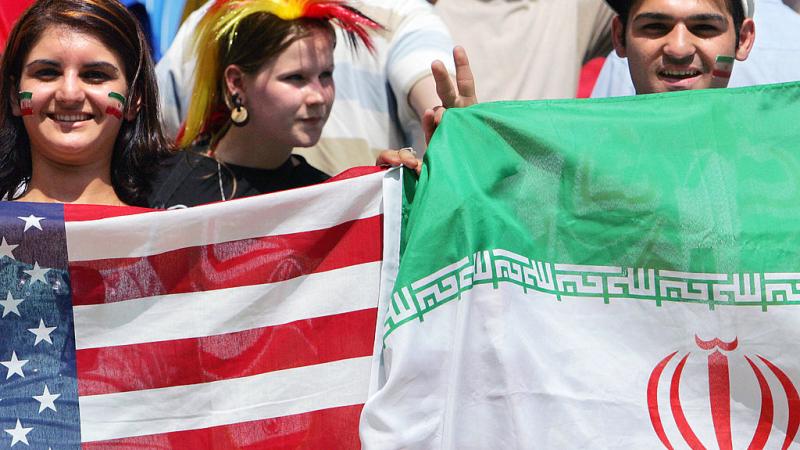How Netanyahu plan to annex parts of West Bank helped tee up historic deal between Israel, UAE
As recently as this week, the Israeli prime minister said he wanted to annex the territory.
The turnabout on Tel Aviv’s plan to annex the West Bank seemed to come with near whiplash-inducing speed. On May 25, Israeli Prime Minister Benjamin Netanyahu said he would not miss the opportunity to claim sovereignty over a swath of territory in the West Bank. Less than three months later, on Aug. 13, Netanyahu embraced an historic diplomatic agreement with the United Arab Emirates that, among other things, suspended the sovereignty plans.
"Westerners in particular could be forgiven for asking, 'what just happened,' " one U.S. diplomatic official with experience in Israel told Just the News. “But it’s not as startling or unlikely as you might think.”
The overall prize of course was the U.S.-brokered historic pact to normalize relations between Israel and the UAE. Among the highlights are agreements on security, investment, and travel. The two countries will establish mutual embassies, and will allow direct flights between one another.
And, while the agreement may have taken the world by surprise, the deal in part was teed up by Netanyahu’s persistent claims that he wants to annex parts of the West Bank, which Israel has occupied but not fully annexed since the Six Day War of 1967.
As recently as this week, Netanyahu said that he wants to annex the territory.
"It was clear from the start that the application of sovereignty would be done only with agreement from the United States," Netanyahu told an Israeli television station on Monday. "Otherwise, I would have already done it a while ago."
The sovereignty threat, while serious, grew less so over time, observers posited.
Earlier this year, the Trump administration endorsed a plan that would enable Netanyahu to exert Israeli sovereignty over the West Bank, set to commence July 1.
Attaining the plan, though, was complicated, according to Israel-watcher Brent Sasley, a professor at the University of Texas at Arlington.
"It got harder than Netanyahu thought it would be," Sasley told Vox last month. For a number of reasons connected to the complex world of regional politics, the plan faltered.
Netanyahu, nevertheless, publicly continued to stand by his aims. In the process, he armed himself with a significant bargaining chip that helped bring about the agreement with the UAE.
"It gave everyone involved — Israel, the UAE, and the United States — something to hold up as an achievement," the diplomatic official said. "It allowed everyone to look good."
Some observers are skeptical yet heartened.
"The pledge by Israel to suspend its plans to declare further sovereignty over occupied West Bank territories is a bit of a sideshow in all this, since it was not really in the cards in the short term. But it's good news as well," Richard LeBaron, former U.S. ambassador to Kuwait, said in a statement.
The pact between Israel and the UAE has been long in the making, one expert observed.
"What lies at the heart of this not-so-secret alliance... is the geo-strategic underlying principle that Israel and the UAE (along with neighboring Kingdom of Saudi Arabia) have been indirectly normalizing their relations for many years in an effort to unite against their regional adversary, the Islamic Republic of Iran," the Atlantic Council’s Masoud Mostajabi said.
"Everybody said this would be impossible," President Trump said Thursday while speaking from the White House. He added: “Not since the Israel-Jordan peace treaty was signed more than 25 years ago has so much progress been made towards peace in the Middle East.”
Additional deals may be in the works, insiders say, to foster agreements between Israel and surrounding nations.
Said the American diplomatic official: "In the Middle East, very little comes as a surprise."
















